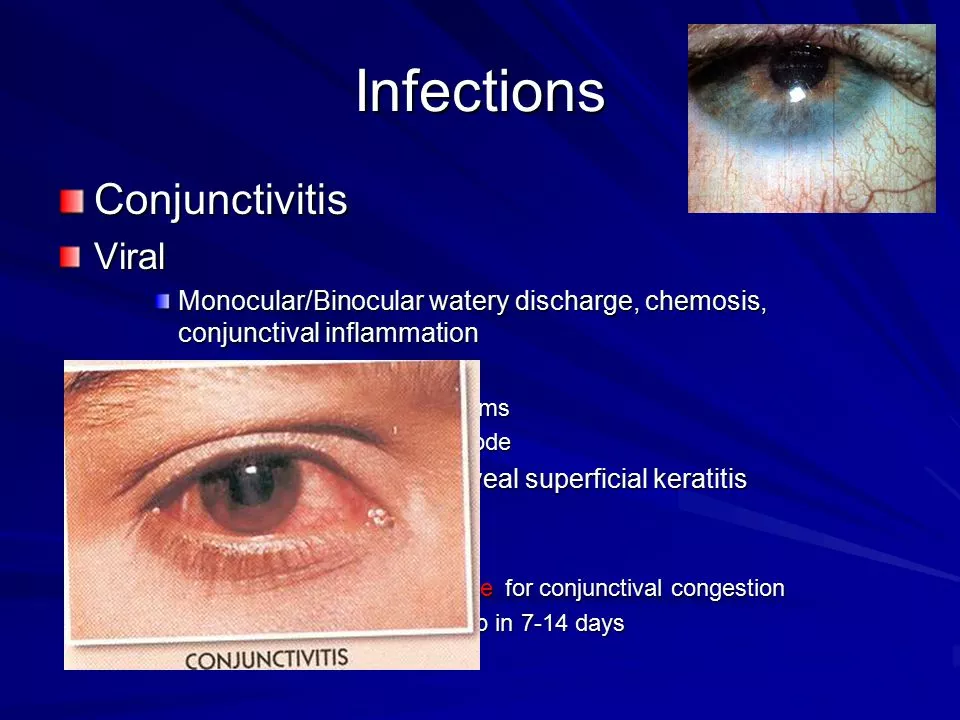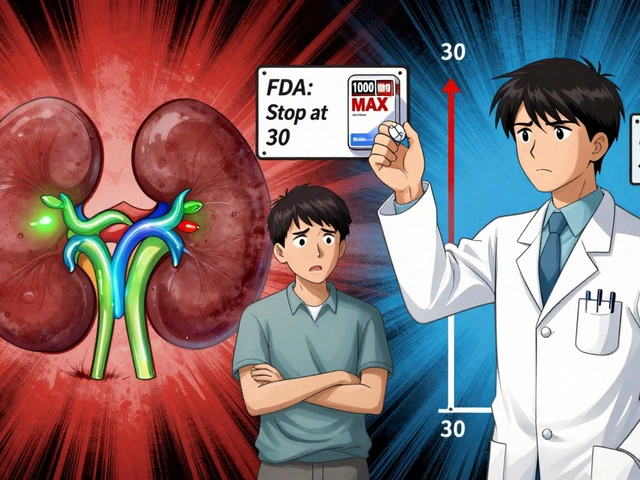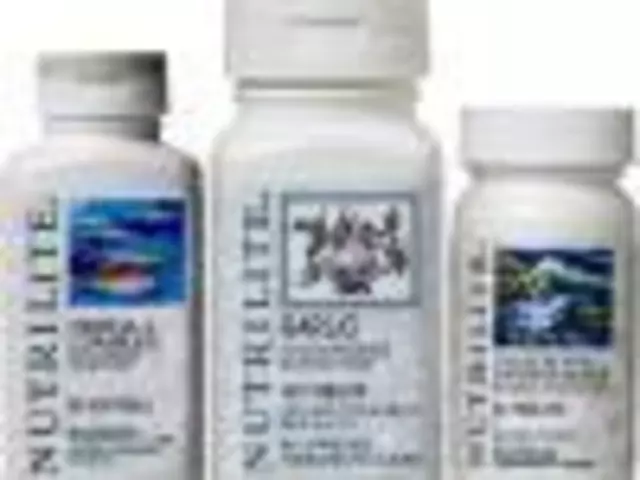bepotastine: What It Is, How to Use It, and What to Watch For
If you’ve ever Googled a new allergy drug, chances are bepotastine showed up. It’s an antihistamine that comes in two forms – oral tablets for skin allergies and eye drops (often sold as Bepreve) for itchy, watery eyes. Both work fast, usually within minutes, making it a go‑to for people who need quick relief without the heavy drowsiness of older meds.
How bepotastine works
Bepotastine blocks histamine receptors, the same spot that triggers sneezing, itching, and redness. By stopping histamine from binding, it cuts down the cascade that leads to swelling and watery eyes. The eye‑drop version also has a mild anti‑inflammatory effect, so you get less puffiness besides just less itch.
Key safety tips
Most folks tolerate bepotastine well, but there are a few things to keep in mind. Start with the lowest dose recommended on the label – usually 10 mg once a day for tablets or one drop per eye twice daily for the drops. If you feel drowsy, which is rare, avoid driving until you know how it affects you.
Don’t mix bepotastine with other antihistamines unless your doctor says it’s okay; stacking can increase side effects like dry mouth or headache. Also, let your pharmacist know if you’re on any heart meds or have liver issues – bepotastine is processed by the liver and may need a dose tweak.
Common side effects are mild: a slight bitter taste, occasional dry throat, or a brief sting when using eye drops. If you notice severe swelling, difficulty breathing, or a rash, stop the medication and get medical help right away – those could be signs of an allergic reaction to the drug itself.
Pregnant or nursing moms should check with their doctor before starting bepotastine. The research isn’t conclusive, so it’s safest to use only if the benefits clearly outweigh any potential risk.
Bottom line: bepotastine is a solid choice for quick allergy relief without making you feel foggy. Stick to the recommended dose, watch for unusual reactions, and talk to your healthcare provider if you’re on other meds or have chronic conditions. With those basics covered, you’ll get the most out of bepotastine while staying safe.

Bepotastine for Dogs & Cats: Benefits, Dosage, and Safety Guide
Explore how bepotastine can help dogs and cats with allergies, covering dosage, safety, side effects, and alternatives for pet owners seeking effective antihistamine relief.
Detail
Bepotastine for Allergic Conjunctivitis in Children: Is it Safe and Effective?
As a parent, I'm always concerned about the safety and effectiveness of medications for my children. I recently came across information about Bepotastine for treating allergic conjunctivitis in children. From what I've gathered, it appears that Bepotastine has been shown to be both safe and effective in treating this condition. Studies have demonstrated significant improvements in symptoms with minimal side effects. So, if your child is suffering from allergic conjunctivitis, Bepotastine might just be the solution you've been searching for.
Detail




